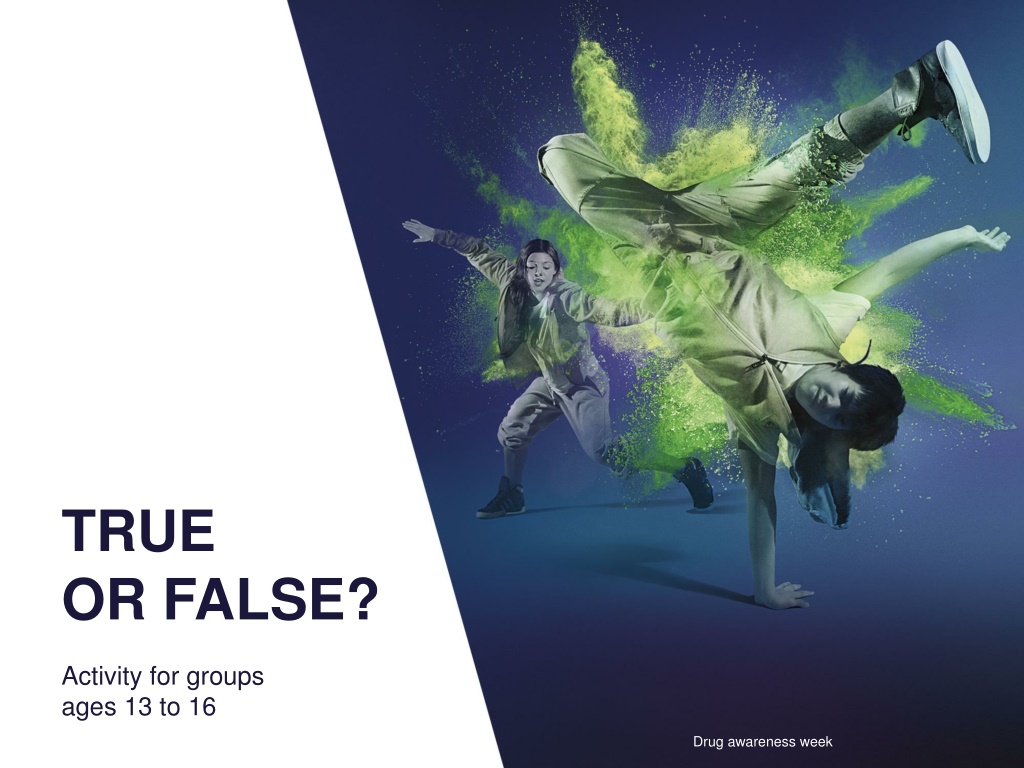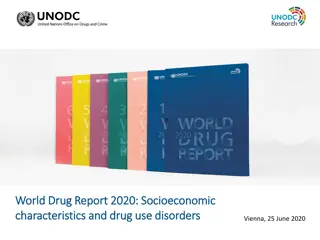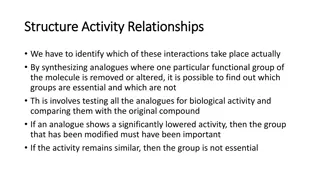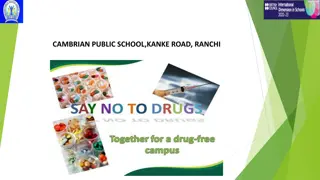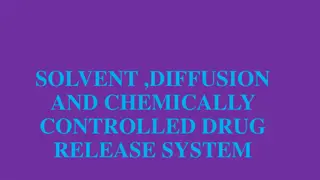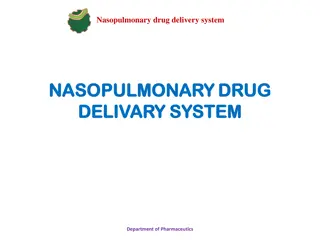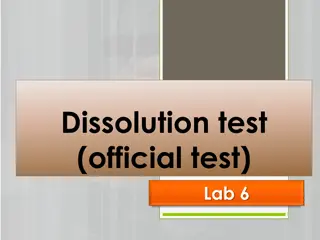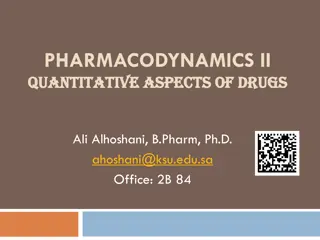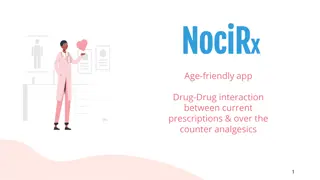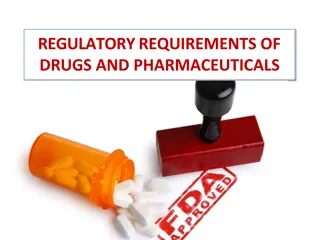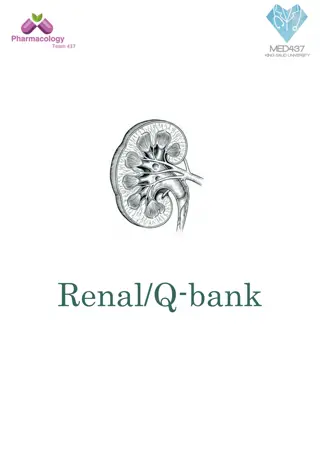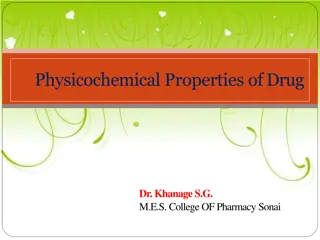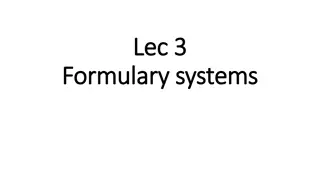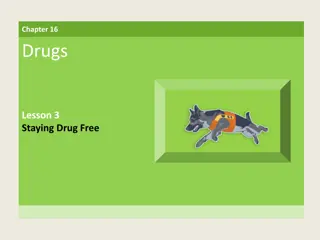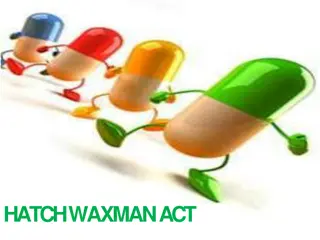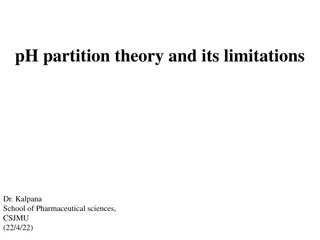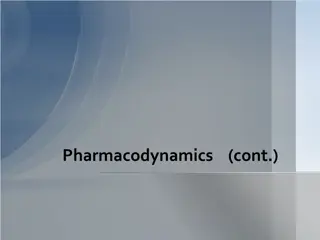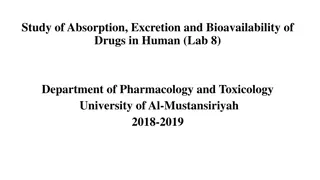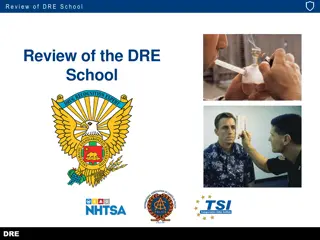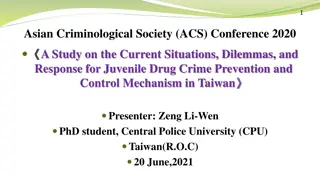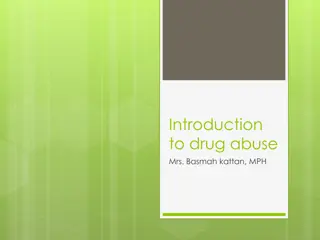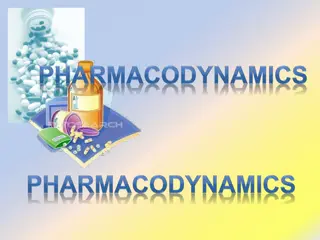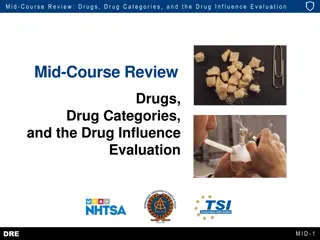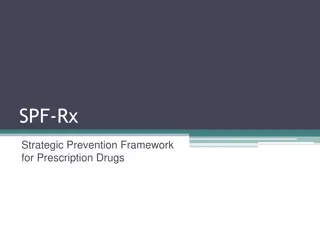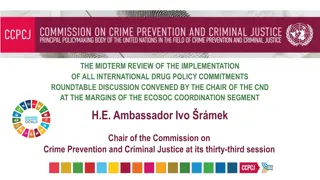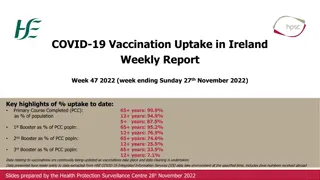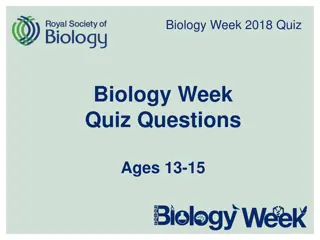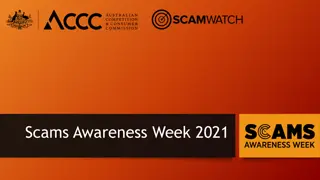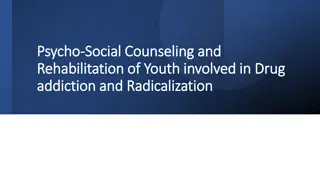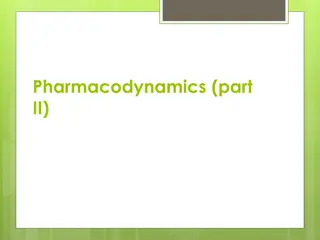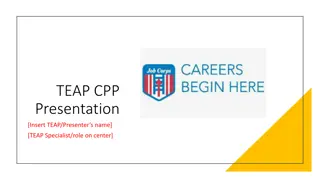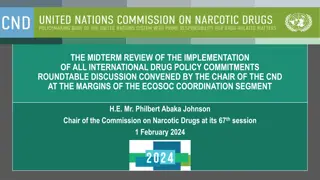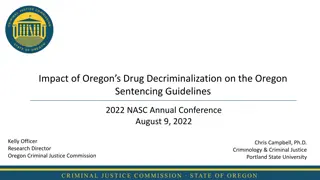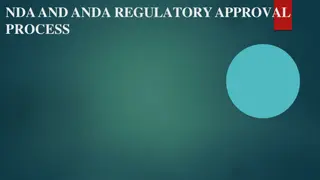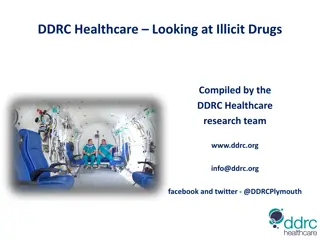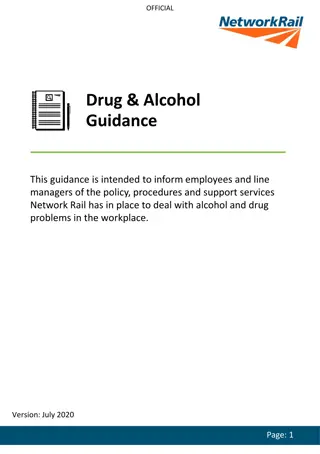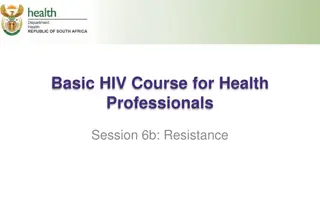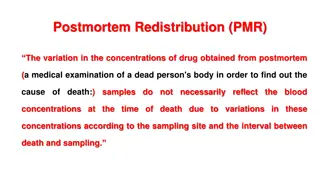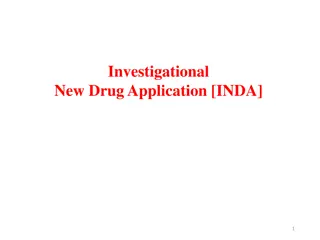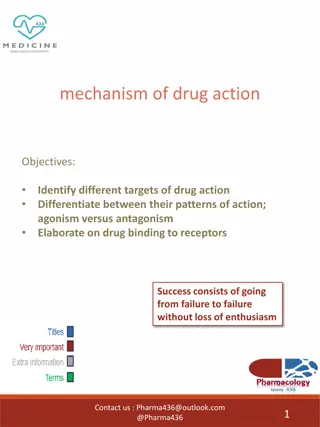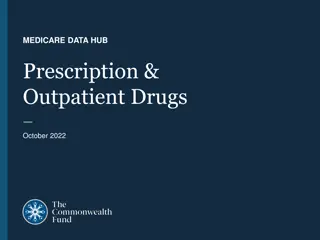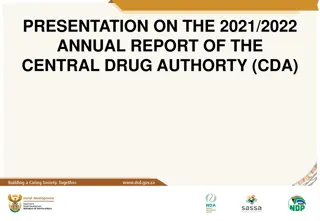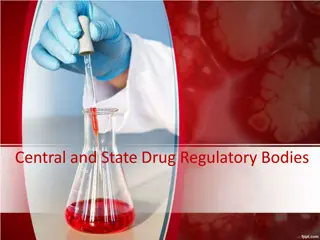Drug Awareness Week - Activity for Groups Ages 13 to 16
Engage teenagers in an interactive True or False activity addressing alcohol and marijuana effects on the brain and body during Drug Awareness Week. Statements reveal the impact of alcohol and marijuana consumption, emphasizing the psychoactive nature of these substances and their physiological and psychological effects. Help young participants understand the risks and consequences associated with substance use.
Download Presentation

Please find below an Image/Link to download the presentation.
The content on the website is provided AS IS for your information and personal use only. It may not be sold, licensed, or shared on other websites without obtaining consent from the author. Download presentation by click this link. If you encounter any issues during the download, it is possible that the publisher has removed the file from their server.
E N D
Presentation Transcript
TRUE OR FALSE? Activity for groups ages 13 to 16 Drug awareness week
STATEMENT 1 All alcohol that you consume has an effect on your brain and body. True or false?
TRUE! One hour after consuming, your brain is no longer the same: You may feel relaxed You re a little more talkative You feel less inhibited You may become more emotional or excited > Alcohol is a psychoactive substance! Alcohol: AFFECTS brain function MODIFIES communication between nerve cells DISTORTS your judgment and the perception of risk IMPAIRS your behavior REDUCES your physical coordination Drinking more means more consequences! When you drink more: Your judgment is even less sound Your reaction time slows down Your vision is blurred You lose your balance and stagger Your speech is less coherent You may become angry or depressed You have trouble thinking straight >
STATEMENT 2 Like all drugs, marijuana is also a psychoactive substance that affects the brain and body. It modifies communication between nerve cells and impairs the senses. True or false?
TRUE! > Psychological EFFECTS: Feeling of well-being and relaxation Increased talkativeness Poorer concentration and short-term memory loss Spontaneous urge to laugh Altered perception of time and space Distorted sensory perception (colors look brighter, sounds are more intense) Among certain people, marijuana can Trigger hallucinations Modify self-perception All drugs such as marijuana affect the brain. (continued on next page)
(contd) TRUE! > Physical EFFECTS: Rapid heart rate Poor physical coordination and balance Increased appetite Dry mouth and throat Swelling of the blood vessels (red eyes) Drowsiness
STATEMENT 3 If you consume alcohol or marijuana, you are not at any risk and cannot suffer any unpleasant or serious consequences due to such consumption. True or false?
FALSE! Hurt people you love by saying mean things to them or even fighting with them Post images or comments that will be harmful to you (seen by your loved ones, potential employers, etc.) Have intercourse you may not want Have unprotected sex: RISK of getting an STI RISK of an unplanned pregnancy Drive impaired or get into a car where the driver is impaired by drugs or alcohol: RISK of having an accident, getting hurt yourself, or hurting someone else RISK of you or someone else losing their life When alcohol or drugs disrupt the brain, you are more likely to act inappropriately. You could :
STATEMENT 4 It is illegal to possess marijuana, regardless of quantity or your age. True or false?
TRUE! > Possession of marijuana may lead to legal action such as: Arrest A fine A heavier sentence (criminal record, community service, restricted release imposed by law) Marijuana possession is illegal, regardless of quantity or your age.
STATEMENT 5 Marijuana smoke is not as harmful as cigarette smoke. True or false?
FALSE! > A marijuana joint produces 50% more tar than a brand-name cigarette of equal weight. Smoking marijuana leads to consequences on the respiratory system. > Because marijuana smoke is often inhaled deeply, it may cause as many pulmonary problems as 4 to 10 cigarettes.
STATEMENT 6 There isn t really any good reason for prohibiting the sale of alcohol to youth under 18. True or false?
FALSE! > Before age 18, there is a greater risk of developing: Alcohol-related problems A dependency on alcohol At age 18, physical growth, brain and personality development are not completed. Authorities therefore passed this law to protect youth from the risks and consequences associated with alcohol consumption.
STATEMENT 7 One of the reasons young people give to explain why they consume alcohol or drugs is that they want to fit in. True or false?
TRUE! > You may feel obligated to consume drugs or alcohol because: You want to fit in You re afraid of being rejected You think everybody else is doing it Peer pressure and influence can sometimes be intense. > But Since 2000, increasingly fewer youth your age have consumed alcohol or drugs such as marijuana It s up to you to recognize who around you has a positive or negative influence on you!
STATEMENT 8 With respect to gambling, your friend says you can win 50% of all poker games using foolproof hints and tips he s discovered on a website. True or false?
FALSE! > You can tell him he needs to face facts: there are no foolproof hints or tips for winning games of chance. The only winner is Lady Luck!
STATEMENT 9 Having good self-esteem, knowing your strengths and weaknesses, believing in your future, and setting goals are things that can reduce the likelihood of developing a problem related to alcohol or drug use, or to gambling. True or false?
TRUE! > Here are some more examples: Having a circle of friends who share the same interests as you and who you can trust Maintaining good relationships with your family Getting involved in projects, finding a passion, or taking part in sports or recreational activities on a regular basis Having a healthy lifestyle with regard to diet, sleep, exercise, etc. These are things that contribute to your well- being and reduce your risk of developing problems associated with drugs, alcohol, and gambling.
STATEMENT 10 There s so much more to life than drugs, alcohol, and gambling. True or false?
TRUE! > Types of involvement: Social action, civic engagement, volunteer work Sports Arts Intellectual or manual activities Like getting involved in activities that match your interests and can be done with your family, at school, or in youth, school, or community organizations.
STATEMENT 11 By getting involved in my favorite activities, I can, without even realizing it, develop skills and competencies that I will use the rest of my life! True or false?
TRUE! Examples: > You learn to assert yourself and respect others. You learn to know yourself better and what you like and don t like. You learn to better manage your stress and emotions. You develop good lifestyle habits (diet and exercise, etc.). You learn to set goals and not give up despite the obstacles. You build your self-esteem. You develop critical thinking skills, which help you make good decisions. You learn to excel. You learn to handle criticism. The experiences you have when participating in your favorite activities help you develop your talents, as well as other personal and social skills and competencies. These skills will be useful to you in all aspects of your life and for making the right decisions when it comes to alcohol and drugs.
REFLECTION QUESTIONS: > What are your areas of interest? > What activities are you involved in? > What personal and social skills and competencies can you develop by participating in your activity?
